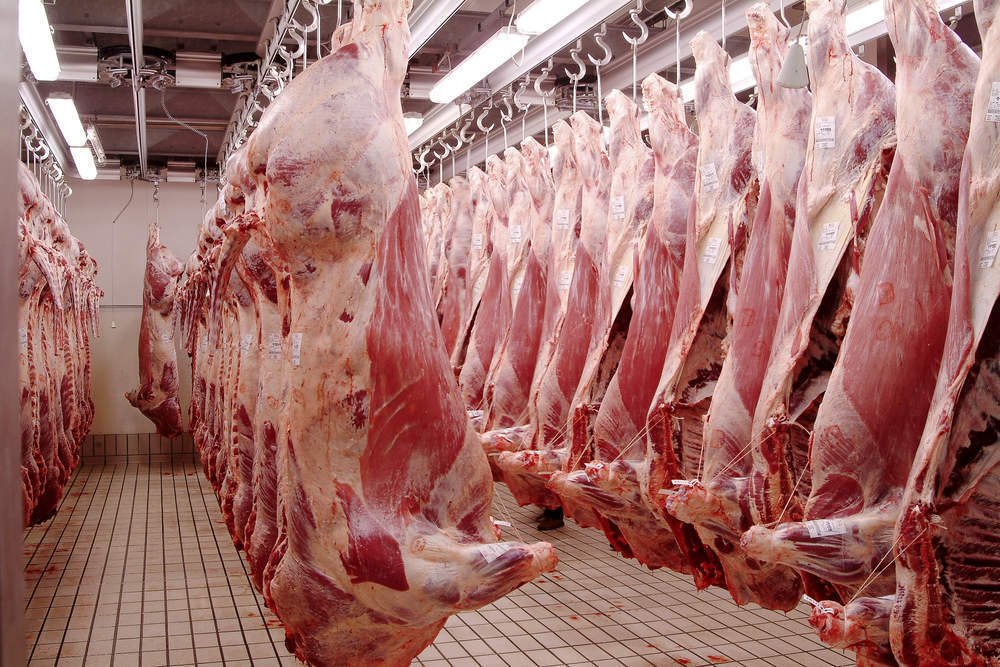Belgian people want to know more about their food’s origins.
The Walloon Parliament has voted to outlaw the unstunned slaughter of animals, preventing traditional Kosher and Halal slaughter.
The environment committee voted unanimously for the ban, which will come into effect in September 2019 if the parliament approves it later this month.
The people of Belgium need transparency from brands as modern Europeans have a keener interest in animal welfare and the environment than previous generations, and identity is becoming a more hot-button issue due to international politics, political populism and terrorism.
A European consumer who wishes to avoid meat slaughtered in a way they do not agree with needs to know how it got to her plate, regardless of religious or political affiliation.
Despite media coverage to the contrary, this rule wouldn’t necessarily spell the end of Halal slaughter in Belgium.
How well do you really know your competitors?
Access the most comprehensive Company Profiles on the market, powered by GlobalData. Save hours of research. Gain competitive edge.

Thank you!
Your download email will arrive shortly
Not ready to buy yet? Download a free sample
We are confident about the unique quality of our Company Profiles. However, we want you to make the most beneficial decision for your business, so we offer a free sample that you can download by submitting the below form
By GlobalDataIslamic opinions on non-stun slaughter can vary; in the UK in 2015, the British Veterinary Association and RSPCA noted that over 80 percent of UK Halal slaughter (zabiha) involves pre-stunned animals.
Despite this, there has also been a sharp rise in non-stun zabiha as more conservative Islamic opinions have become more popular.
By contrast, all shechita (Kosher slaughter) requires the animal to be uninjured, aware and healthy at the point of slaughter, preventing the adoption of stunning methods.
In Belgium in 2012, approximately five percent of the population was Muslim, and 0.4 percent was Jewish.
News of the decision has caused outrage in these groups, who feel that their religious freedoms are being encroached upon by the state, whereas animal rights campaigners have welcomed the decision as much-needed social progress.
Belgium is not the first country to take this step — non-stun killings have already been prohibited in Norway, Denmark, Sweden, Switzerland and New Zealand.
When consumers desire increased welfare for animals and ethnic or religious politics of identity get involved, clashes over freedoms and regulations are inevitable.
Brands that want to prosper in this environment are best served through their own honesty and transparency; they should be clear about what they do and why, and prepare a thorough communications plan for if or when popular social media opinion turns against them.







